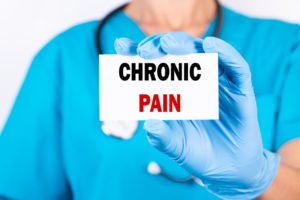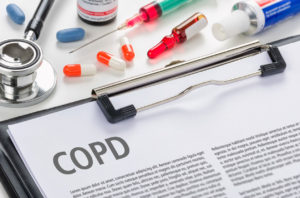If you’re one of the millions of Americans suffering migraines, the term “debilitating” is rather an understatement. The disabling headache, along with the slew of distressing symptoms, can leave you to wonder when there’s going to be any reprieve and if it will ever get better over time.
The good news is that, while there’s no step-by-step plan to make migraine attacks stop, the condition can go into either a partial or full remission: partial means you have fewer than 15 days of migraine headaches, while full remission means you go an entire year without experiencing the symptoms.
Read on to learn about what can cause to migraines to worsen as well as the things you can do to avoid attacks and achieve remission.
Why Would Migraines Worsen Over Time?
One way a migraine can get worse is when it becomes chronic. This equates to having bouts of headache 15 or more days every month and of the other migraine symptoms on at least 8 days for more than 3 months.
This can be ascribed to the absence of a proper migraine treatment plan: how you treat your symptoms can have an impact on the frequency and severity of your symptoms.
Migraine headaches that persist and worsen need further medical evaluation, especially if you only started experiencing them after the age of 50, if they have occurred due to a head injury or a side effect of disease treatment, or if they are resistant to medication and lifestyle changes.
Heading Off Migraine Attacks
A commonsense strategy to stave off migraine attacks is to identify and avoid the very things that trigger them. Migraine headaches can be precipitated by smoking, alcohol, lack of sleep, caffeine, changes in schedule, hunger, strong fragrances, stress, and menstruation. Lifestyle changes, such as establishing a regular sleep and eating schedule, smoking cessation, reducing intake of alcohol and caffeine, using unscented products, and managing stress help head off attacks.
For women who have menstrual migraines, one way the attacks can be prevented is by taking medications before menstruation begins up until a few days after the period has ended. Medications used to treat migraines include triptans, gepants, and ditans, which belong to a class of drugs whose mechanism of action is to quiet down overactive pain nerves.
Primary care providers may also prescribe antidepressants, antiseizure’s, or beta blockers, to treat episodic migraines. Nonsteroidal anti-inflammatory drugs (NSAIDs), when taken at the onset of a migraine attack, can also help with managing the symptoms. The earlier you take your medication/s, the better they work.
Migraine Treatment in Wellington, FL
Here at Advanced Medical Clinic, board-certified internal medicine provider, Dr. Ishan Gunawardene, along with the rest of our team, is dedicated to bringing one goal to fruition: keeping our patients healthy. Dr. Gunawardene can work closely with your neurologist or any other specialist contributing to your care to help you take full control of your migraine, so you can enjoy your life again.
Book your visit with Dr. Gunawardene today. Contact our staff at (561) 434-1935, or use our convenient online request form.













